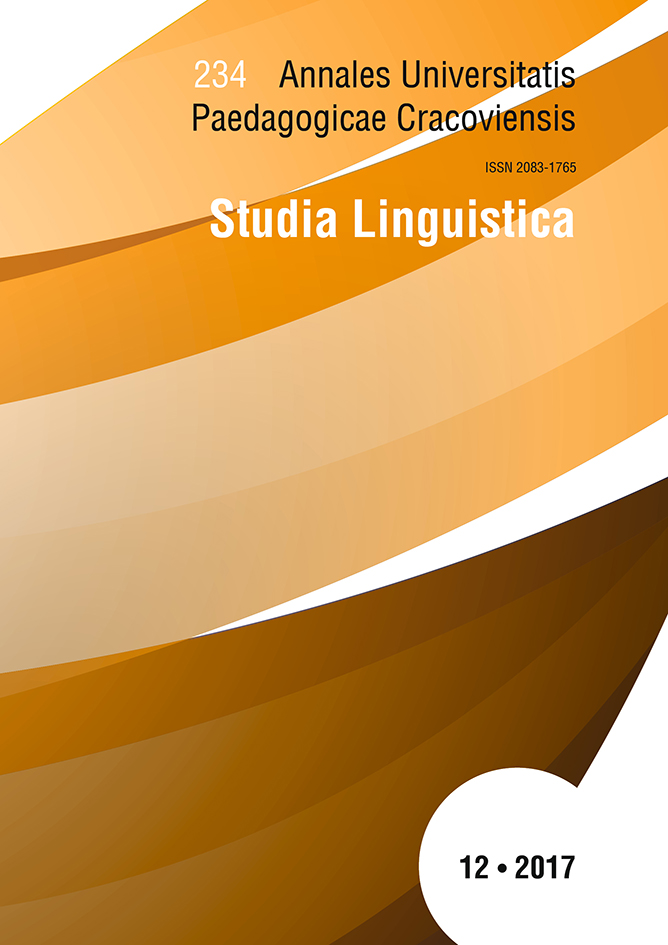O potrzebnych i niepotrzebnych zapożyczeniach z języka angielskiego
On the Needed and Unneeded Borrowings from English Language
Author(s): Bogusław Dunaj, Mirosława MycawkaSubject(s): Theoretical Linguistics, Applied Linguistics
Published by: Wydawnictwo Uniwersytetu Komisji Edukacji Narodowej w Krakowie
Keywords: English borrowings; linguistic correctness
Summary/Abstract: The aim of the article is to assess the English borrowings from the viewpoint of linguisticcorrectness. Determining if a given borrowing is needed or redundant is based on two criteria:sufficiency and economy. The analysis showed that a majority of the lexical borrowings areneeded, because it names new objects and phenomena. There are, however, forms, whichare redundant, e.g. lewel instead of poziom, progres instead of postęp, look instead of wygląd.The borrowing is also justified when the borrowed word experiences a change in meaning inPolish, e.g. event // wydarzenie, zdarzenie, hejt // nienawiść, is differently stylistically markedthan their Polish equivalent, e.g. tabloid // brukowiec or becomes a euphemism, e.g. aborcja// przerywanie ciąży. Some semantic calques are unnecessary, such as filozofia, dedykować.The structural-semantic calques, presenting the complexity of English structure by familiarelements, e.g. political correctness > poprawność polityczna generally do not raise anyconcerns about their correctness. However, connecting two nouns in the Nominative case,where the first noun serves as a modifier, is generally considered wrong, e.g. Miłosz Festiwalinstead of Festiwal Milosza.
Journal: Annales Universitatis Paedagogicae Cracoviensis. Studia Linguistica
- Issue Year: 2017
- Issue No: 12
- Page Range: 67-70
- Page Count: 14
- Language: Polish

